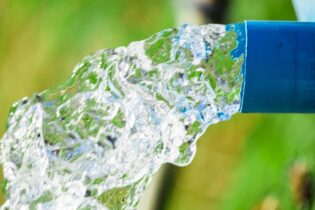The minister of water and sanitation, Senzo Mchunu says that there is an “anomaly” in South Africa where municipal water services continue to decline – despite the department making substantial grant allocations to various projects.
In his budget vote speech delivered to parliament on Friday 13 May, Mchunu noted that R37.4 billion has been allocated over the next three years for conditional infrastructure grants for municipal water services. This includes R19 billion for the Regional Bulk Infrastructure Grant and R14 billion for the Water Services Infrastructure Grant. These grants will be spent on 313 different projects across the country, he said. South Africa’s recently-published Blue Drop 2022 report shows a significant decline in the country’s water quality, with 23% of municipalities flagged as being at critical risk. The Water Services Act places the responsibility for the provision of water services on local government, while the oversight and monitoring duties are delegated to the provincial and national governments. The 2022 report shows that 40% of the country’s water supply systems achieved microbiological water quality compliance, and 23% have achieved chemical water quality compliance. When looking at the ‘drinkability’ of the water in these systems, the data shows:- 48% of water supply systems are in the low-risk category;
- 18% are in the medium-risk category;
- 11% are in the high-risk category;
- 23% are in the critical risk category.







